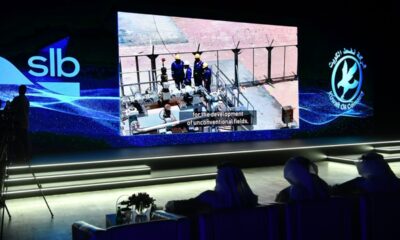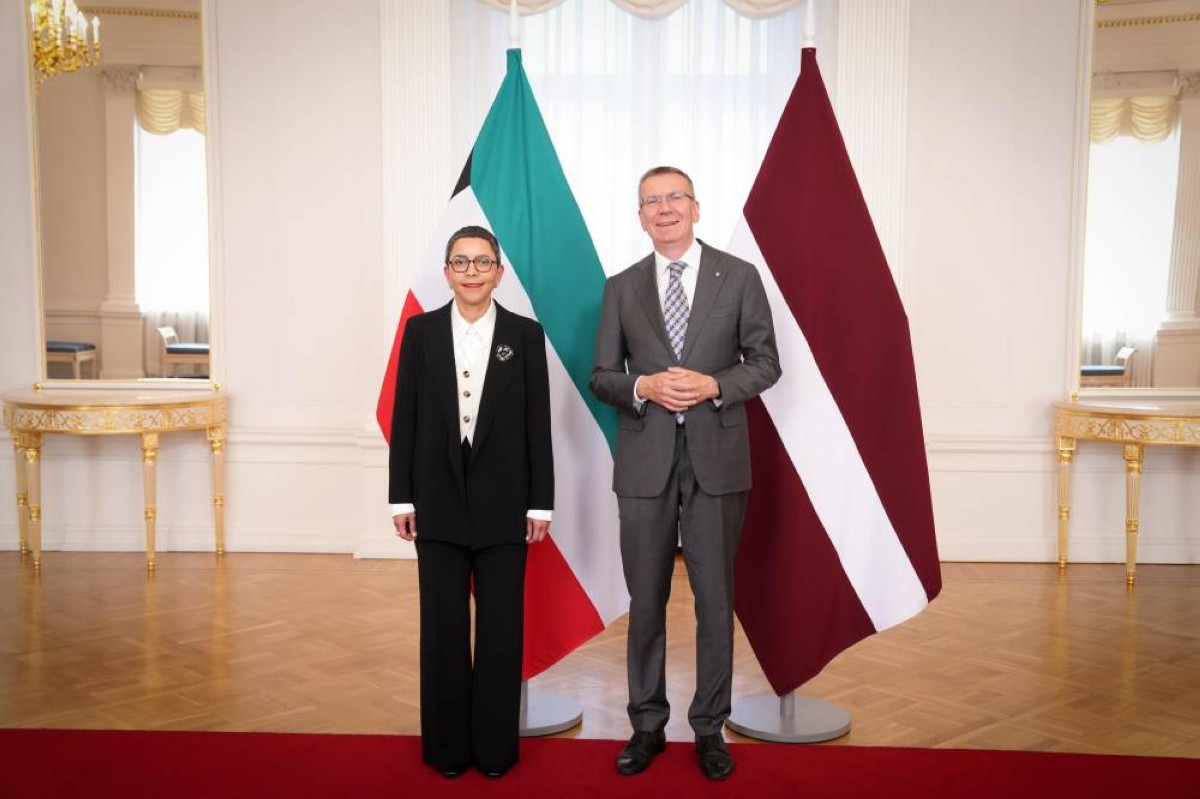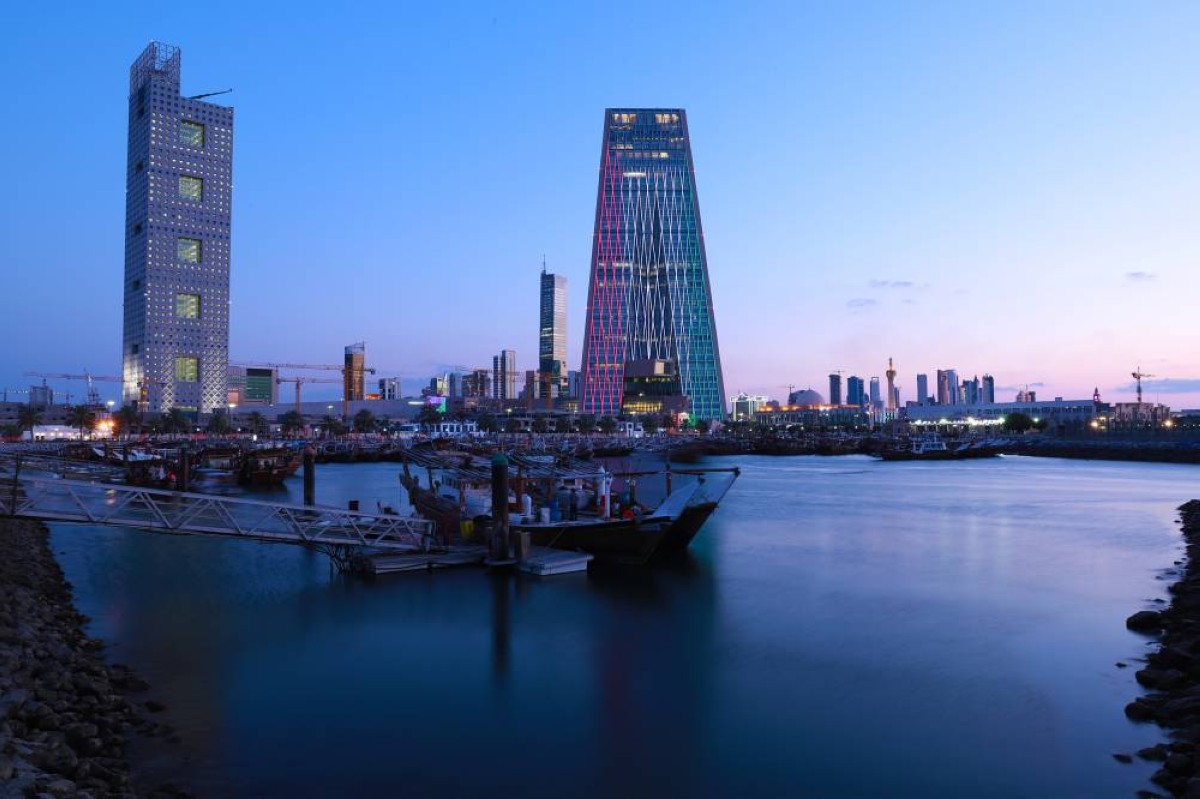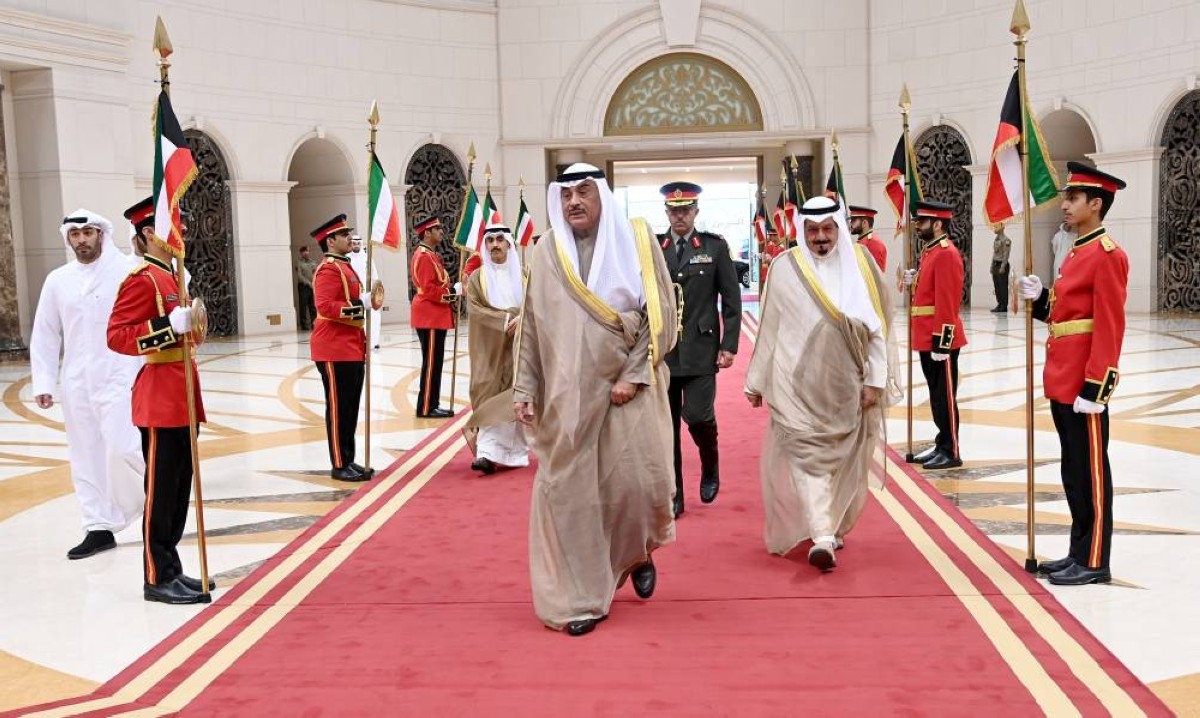KUWAIT: The State of Kuwait continues its steady efforts against money laundering, bolstering measures in this domain cooperation with regional and international partners. Such efforts coincide with the State of Kuwait’s plans to become a regional anti-money laundering and terror financing center. The judicial system saw a qualitative leap with the introduction of Decree No. 76/2025, amending some items within law No. 106/2013 concerning money laundering and combating terrorism financing.
The amendments enabled the Kuwaiti cabinet to enact decisions, which abide by international rules and regulations in this domain. The law included decisions to list and freeze assets and finances as well as bar dealings with suspicious individuals.
To reinforce cabinet decisions on the matter, the laws issued would be enacted on the date of issuance, including penal verdicts and fines ranging from KD 10,000 to KD 500,000 for each violation. The articles of the law took measures to execute UNSC resolutions on the matter within a legal framework balancing international obligations and constitutional duties, which gave individuals rights to submit formal grievance, view records, and asking for permission to cover necessary expenses.
This legislative step is part of the National Committee to Combat Money laundering and Terrorism Financing, which is assigned by the cabinet to reinforce cooperation with other state institutions to achieve international standards and boost Kuwait’s reputation in this field.
The committee comprises of several institutions and ministries including the Kuwait Financial Intelligence Unit (KwFIU), the Central Bank of Kuwait (CBK), the Ministry of Commerce and Industry to name a few.Last July, the two MoUs were signed by state entities to reinforce cooperation within combating money laundering and terrorism financing.
The MoU signed between the Kuwait customs and Interior Ministry boosted cooperation in combating financial crimes in line with Financial Action Task Force (FATF), a policy-making body that works to generate the necessary political will to bring about national legislative and regulatory reforms in these areas.
The other MoU, signed between the Capital Markets Authority (CMA) and the Kuwait Financial Intelligence Unit (KwFIU), ensured the exchange of information between the two sides within the field.
Meanwhile, the Ministry of Commerce and Industry prepared a guide to counter money laundering and terror financing in the gold, valuable minerals and gemstones sector in 2025. The guide set the parameters for trade in such sector and included measures warning against trading online and recommending traditional means for payment in addition to other preventative steps.
On another level, the CBK approved an updated methodology on penal action and also the Central Bank notified banks to use the KwFIU guideline to report any suspicious transactions.In addition to internal efforts, Kuwait hosted a workshop to prepare the unified GCC anti-money laundering strategy, which concluded its meetings on September 11.
A report issued by FATF last October said that the State of Kuwait has the required main framework to combat money laundering and terrorism financing through the country’s stable political, institutional, and governmental sectors. The report affirmed that Kuwait has boosted its legal capabilities and penal action to prevent such crimes from occurring. — KUNA
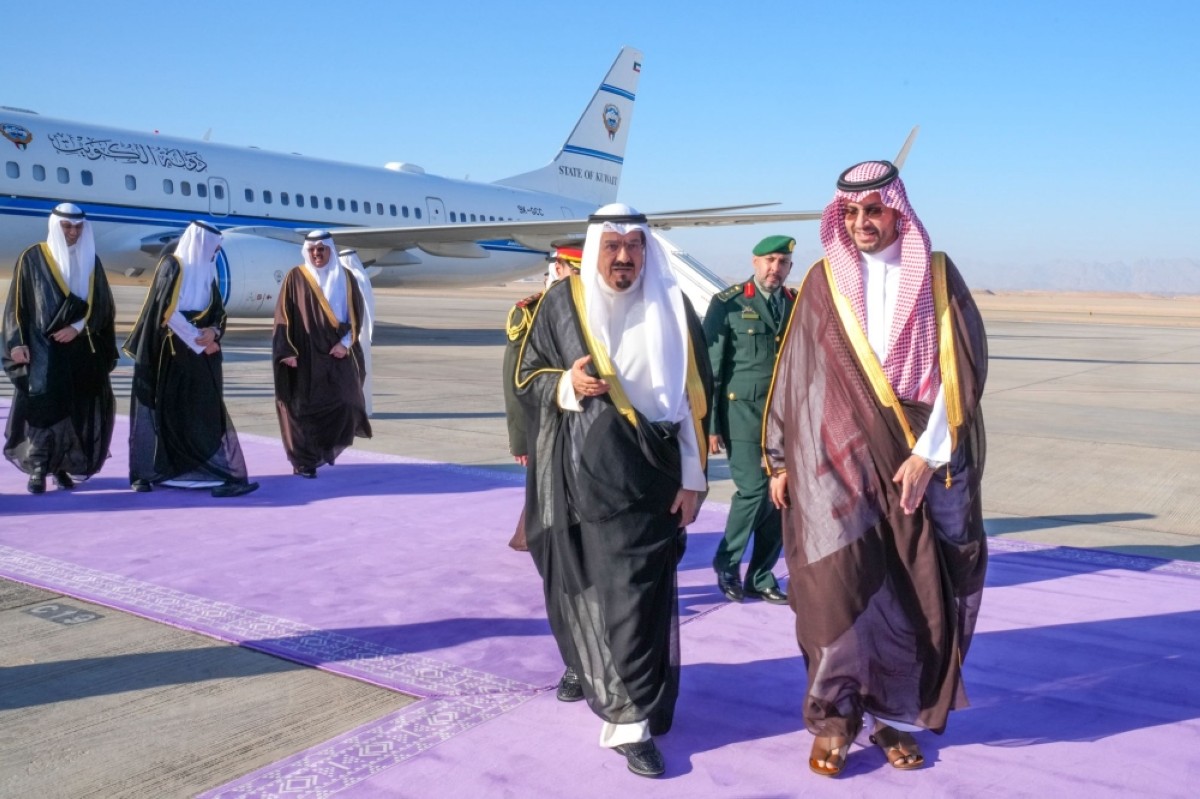
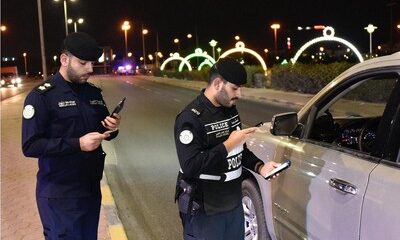
 Politics24 hours ago
Politics24 hours ago
 Latest News9 hours ago
Latest News9 hours ago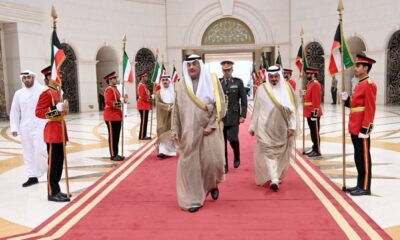
 Latest News8 hours ago
Latest News8 hours ago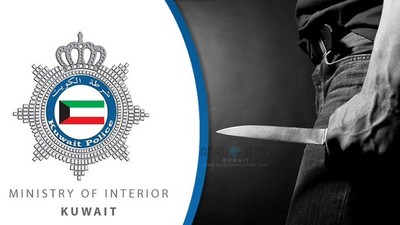
 Politics6 hours ago
Politics6 hours ago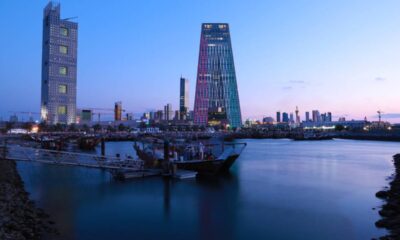
 Latest News6 hours ago
Latest News6 hours ago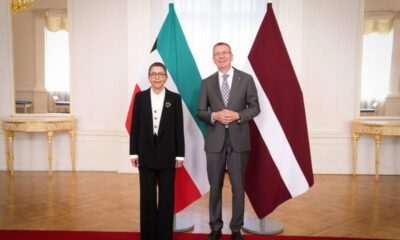
 Latest News5 hours ago
Latest News5 hours ago

